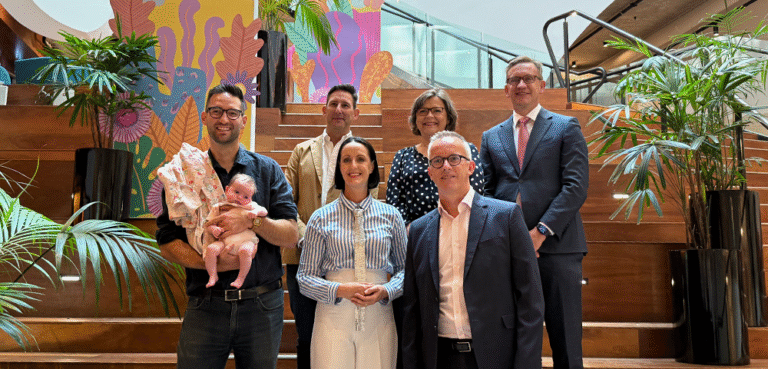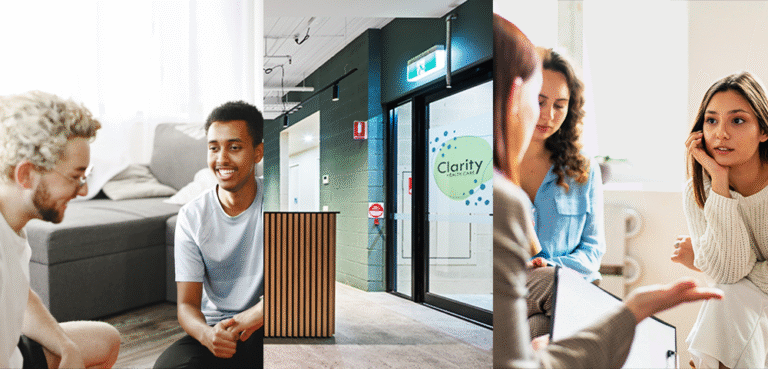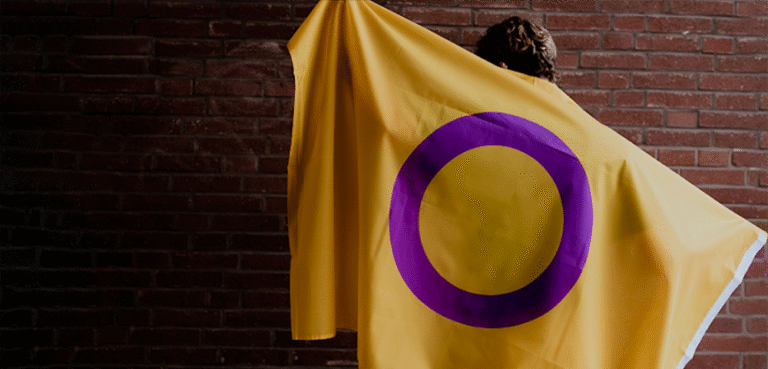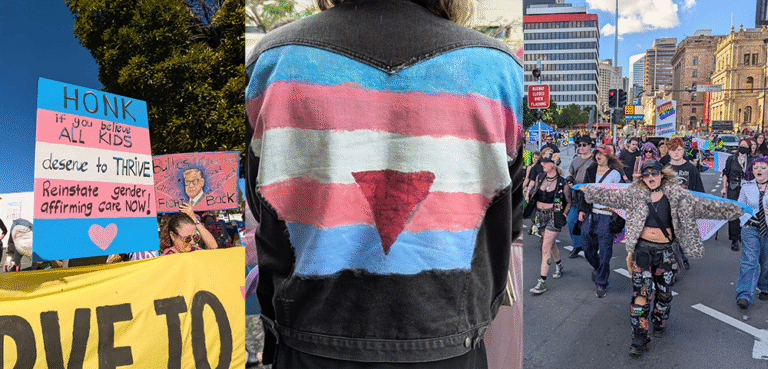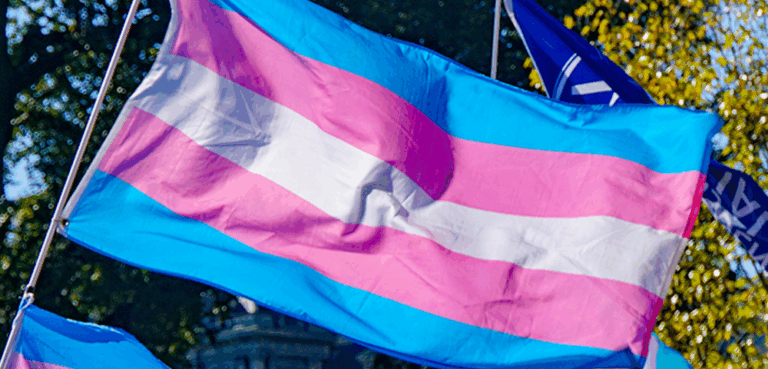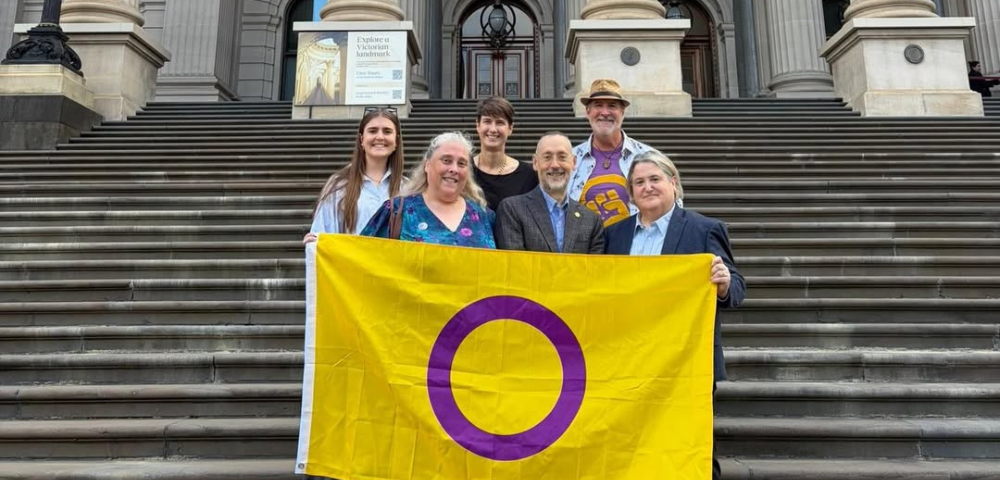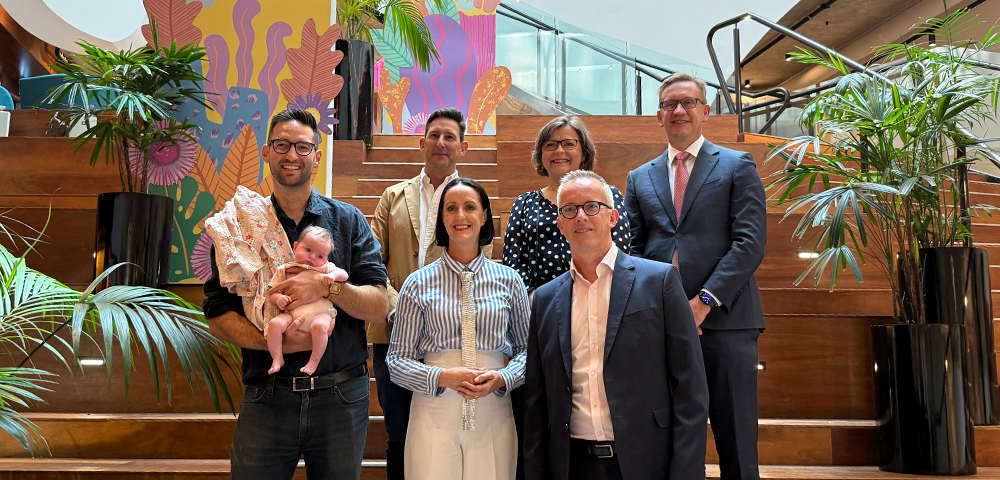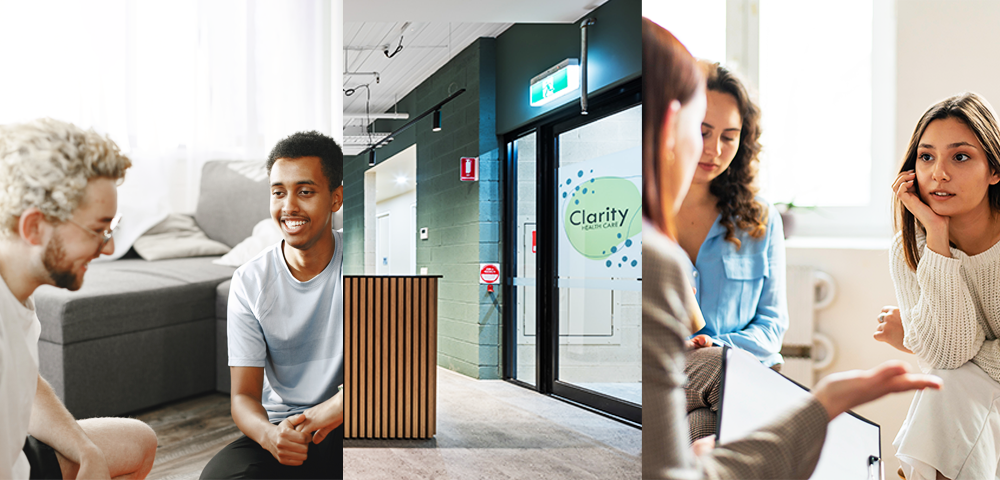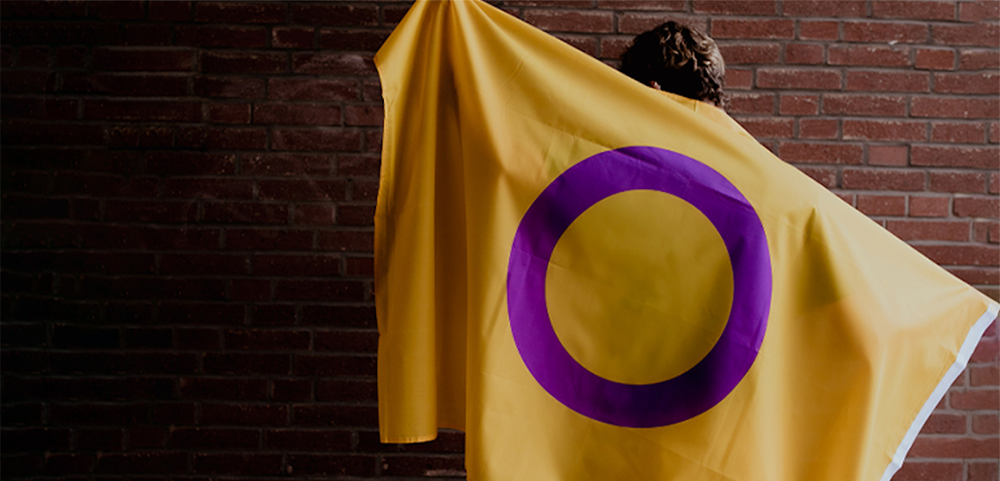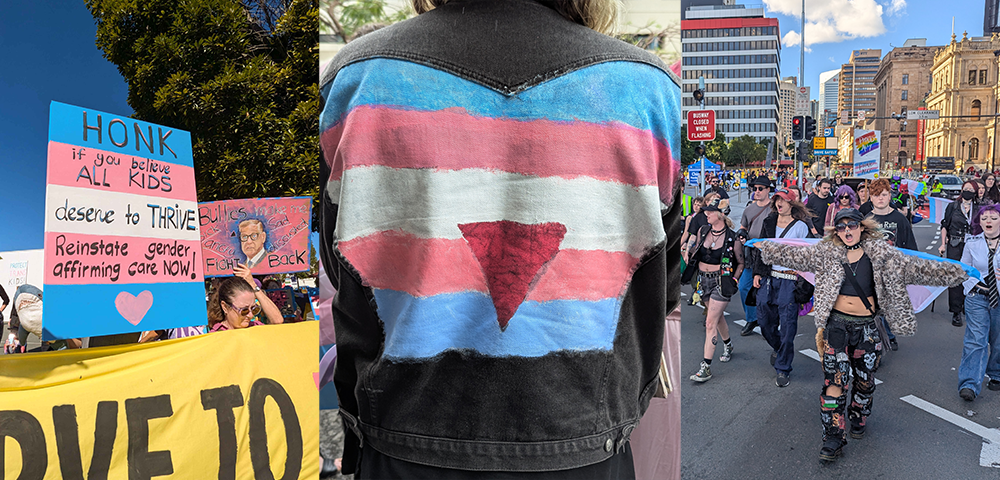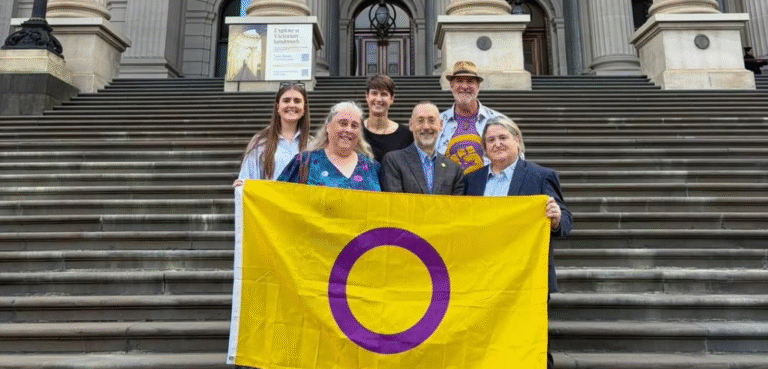
Australia decides: LGBTIQ+ priorities this federal election
We all know that discrimination didn’t end when we achieved marriage equality, but where do the major parties stand on the issues that matter to the LGBTIQ+ community?
We decided to find out, and ensure that LGBTIQ+ equality was squarely on the agenda this federal election.
On the 24th of April we partnered with the National LGBTI Health Alliance and Intersex Human Rights Australia to hold a Virtual Election Forum with representatives from the three major parties – NSW Senate Candidate Andrew Bragg (Liberal), Senator and Shadow Assistant Minister for Equality Louise Pratt (Labor), and Senator Janet Rice (Greens).
In the forum we posed questions from our supporters and partners about the specific issues of concern for our communities. We also sent the parties a formal survey with 18 key questions.
What did this all reveal? It is clear that Australia’s political parties are increasingly recognising that LGBTIQ+ people are a force to be reckoned with, with each party making positive commitments to further the health and human rights of our community.
That said, there are clear areas of difference, with Labor and the Greens ahead on key issues such as discrimination protections and LGBTIQ+ representation in government policy-making, and the Greens offering the clearest commitments of all parties on particular rights issues such as LGBTIQ+ asylum seekers and exemptions in discrimination laws.
The pink dollars
For the first time, the Australian Labor Party released a specific LGBTIQ+ election package including $10 million for the Victorian Pride Centre, $3 million in community grants, $600,000 for JOY 94.9 radio station, and a range of other initiatives.
The Greens made a series of LGBTIQ+ announcements including a staggering $70 million community grants program and funded initiatives for bisexual people, trans people and other groups.
The Coalition announced $3 million in LGBTI mental health funding on the night of the election forum.
Support for LGBTIQ+ health
One area where the Coalition made clear positive announcements was mental health, with a funding commitment to support the National LGBTI Health Alliance and its suicide prevention program MindOUT, as well as a confirmed boost to Qlife, with funding of $2 million over two years.
In contrast, Labor announced a Health and Social Inclusion Strategy – albeit with no dollars attached – to comprehensively deal with tobacco, drug and alcohol use, mental health, cancer, transgender health, intersex health, people with disabilities and more.
The Greens committed to a number of funded strategies including bi, trans, and Indigenous-specific programs.
No party provided certainty about the future of the LGBTIQ+ ageing programs run by the National LGBTI Health Alliance, and only the Greens’ response revealed a deep appreciation of the barriers trans people face in accessing gender affirming care, suggesting a dedicated complaints body.
Every party made significant commitments to ending HIV within Australia.
Protecting LGBITQ+ people from discrimination
The crisis in our mental health is set to continue unless we tackle a key contributor – discrimination.
In 2018, the Religious Freedom Review was met with public outcry about the discrimination faced by LGBTQ students and teachers in schools. Many of us have been campaigning for the removal of these outdated exemptions from anti-discrimination laws for years.
Significantly, the Coalition has no clear plans to tackle religious exemptions other an inquiry, after failing to deliver on a promise to remove laws that allow discrimination against students “as soon as practicable”.
Instead, Morrison proposed amendments to a Labor Bill that would have increased discrimination, leaving the Bill dead in the water last year.
Given the no-voting Prime Minister’s track record – from supporting Israel Folau’s anti-gay stance to attacking the needs of trans young people one tweet at a time – and his stated intention of legislating to protect religious freedom, we have every reason to be concerned that a future Morrison Government poses a threat to equality for LGBTIQ+ people.
In contrast, Labor and the Greens have clearly committed to removing discrimination against students and workers in religious schools, as well as including new protections from discrimination in the Fair Work Act for trans and intersex people (currently protections are only on the basis of sexual orientation).
The Greens have made very specific commitments regarding the reform of exemptions that allow discrimination against trans and intersex people in sport and broader religious exemptions that allow LGBTIQ+ people to be fired or refused service.
In contrast, Labor has made a broad commitment to “continue to work to remove all discriminatory measures from Commonwealth law”.
While we can take some comfort from the Coalition’s commitment to “ensuring that all government services are provided in a non-discriminatory way” there is no clear pathway (for example, a contractual or legal requirement) provided for enforcement.
As always, we’ll need to keep the pressure on and examine the fine print of any proposals to ensure these commitments are delivered in reality.
Representation in Government
Labor and the Greens have both committed to crucial structural reform to ensure the voices of LGBTIQ+ people are included in Government policy making.
If Labor wins Government, Australia will have its first Minister, Commissioner and community advisory council dedicated to LGBTIQ+ issues.
We know from experience at the state level that this architecture will be game changing, driving continued improvement and ensuring that our needs aren’t overlooked.
Conversion therapy
On the day of our election forum, Labor made national headlines announcing it would ban conversion therapy.
Morrison initially responded by saying it was a state matter, but the Coalition survey response committed to “working with states and territories, which have legal responsibility in this area, to ensure such practices are not supported or occurring”.
While welcome, this response side steps federal reform, such as tightening regulation of counsellors or school chaplains.
Labor’s commitment to develop broader “strategies” and play a leadership role is very welcome, given that survivors and experts encourage a multi-faceted approach rather than law alone.
Long-time advocates on this issue, the Greens’ comprehensive response also includes funding awareness raising and LGBTIQ+ faith groups.
Intersex human rights
Labor and the Greens made strong statements against medically unnecessary interventions performed on intersex children and committed to taking a human rights-based patient consent model.
In contrast, the Coalition referred to the ongoing inquiry by the Australian Human Rights Commission.
Only the Greens dealt with the specific issue of developing national standards of care.
LGBTIQ+ people beyond our borders
Refugees will continue to languish indefinitely on Nauru and Manus under Coalition policies.
Labor will prioritise third country resettlement, which falls short of a clear commitment to immediately remove gay and bisexual men at risk of prosecution or persecution in these camps.
In contrast, the Greens have a very firm commitment to ending offshore detention altogether.
Pleasingly, all parties will continue Australia’s positive track record promoting LGBTIQ+ rights internationally.
Labor and the Greens will rebuild the aid budget and have committed to supporting civil society organisations to promote LGBTIQ rights, with the Greens making a specific funding commitment.
Overall, it was fantastic to see the level of engagement of all parties with LGBTIQ+ issues. Make sure you visit Equality Australia for responses on data collection, rainbow families, schools, and more, and we’ll keep you updated to make sure LGBTIQ+ communities are fully informed ahead of Election Day on May 18.
